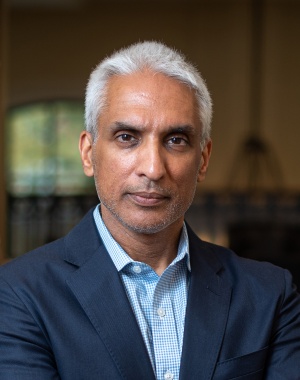PUBPOL 495 (Policy Seminar) is for students currently enrolled in the Public Policy Undergraduate Program only, no exceptions. Enrollment is by permission only. Please contact [email protected] with any questions.
In the immediate aftermath of the terrorist attacks on September 11, 2001, counterterrorism quickly became the most important national priority for the United States and dominated the security landscape for the rest of the decade. Even after the death of al-Qa'ida leader Usama bin Laden in 2011--which some experts thought might have signaled the potential demise of that group and the threat it posed to the United States--al-Qa'ida and other groups remained resilient even when faced with significant counterterrorism pressure. By the middle part of the 2010s, events such as the Arab Spring, the rise of the Islamic State in Iraq and Syria (ISIS), competition from China and Russia, challenges regarding cybersecurity and disinformation campaigns designed to sow political and cultural divisions, and security threats from regimes like North Korea and Iran combined to force hard choices regarding the prioritization of counterterrorism and the U.S. focus on it. The beginning of the new decade in 2020 brought even more changes to the counterterrorism landscape based on the impact of COVID-19 and the George Floyd-related protests. In particular, concerns regarding domestic terrorism from both the far-right and far-left ends of the spectrum became a contentious issue raising important questions about terrorism definitions, labels, and threat levels?with disrupted plots like the October 2020 one against Michigan Governor Gretchen Whitmer a stark example of these complexities. Worries over domestic terrorism became further pronounced in the aftermath of events at the US Capitol on 6 January 2021 and the hundreds of people charged or investigated as a result of crimes committed that day. Going forward, the Biden administration faces a terrorism landscape uniquely more complex and diverse than the previous administrations in modern US history.
Course Learning Objectives: The course has four key objectives and students will: a) explore the features of the U.S. counterterrorism enterprise, and legal and policy foundations; b) examine the complex terrorist threat phenomenon to the United States and compare and contrast different terrorist adversaries; c) evaluate the strengths and weaknesses of different counterterrorism approaches across different administrations, and d) develop practical analytic, writing, and oral presentation skills relevant to national security career fields.
